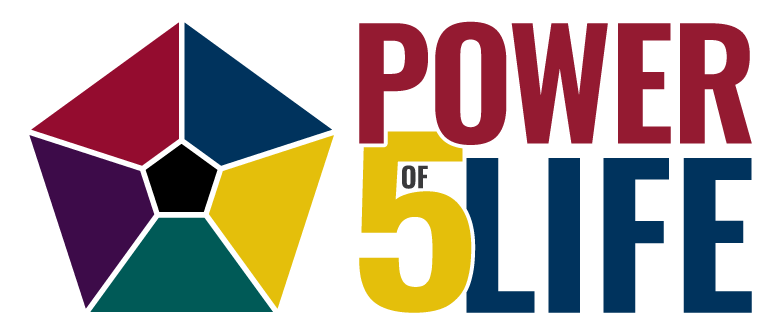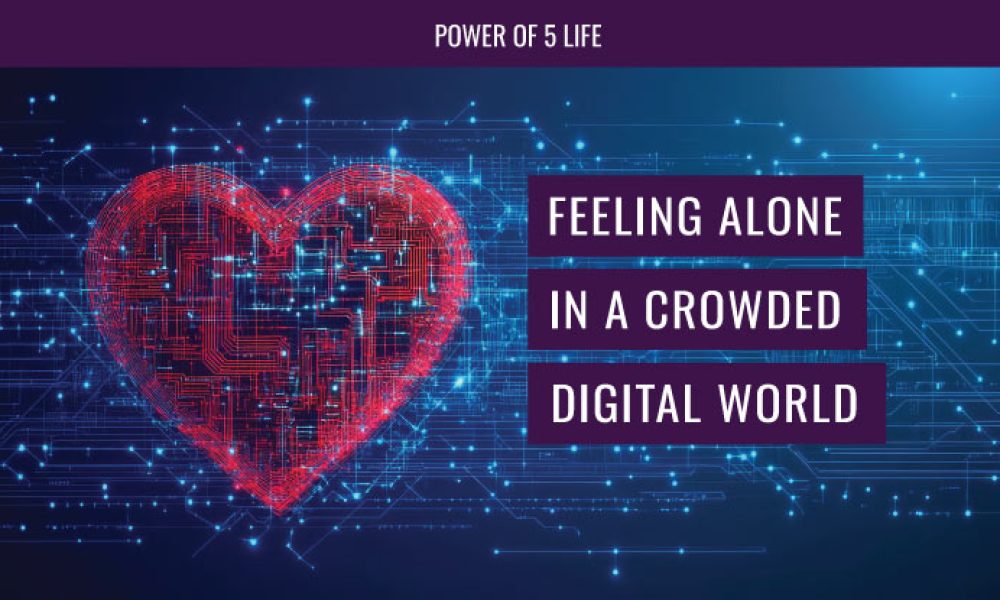The Paradox of Hyper-Connection: Feeling Alone in a Crowded Digital World
One of the most unsettling aspects of our digital age is the paradox of connection: being hyper-connected online yet feeling increasingly lonely in real life. The sheer volume of digital interactions can create the feeling of being connected, but these interactions often lack the emotional depth, vulnerability, and shared physical presence that are essential for genuine emotional intimacy and belonging. We can have hundreds, even thousands, of online “friends,” yet still experience a profound sense of isolation.
The Fear-Driven Scroll: FOMO and the Cycle of Isolation
The constant stream of updates and curated experiences on social media fuels FOMO (fear of missing out). This anxiety-driven need to stay constantly informed about what others are doing can paradoxically lead to increased social isolation. Instead of engaging in our own lives and nurturing real-world connections, we become trapped in a cycle of endless scrolling. This may result in feeling anxious and inadequate as we compare ourselves to the carefully constructed online personas of others.
Lost in Translation: Reduced Opportunities for Developing Social Skills
Excessive reliance on digital communication can inadvertently hinder the development of crucial face-to-face social skills. The nuances of nonverbal communication, the ability to read body language, and the art of spontaneous conversation are all vital for building and maintaining meaningful relationships. When our primary mode of interaction becomes text-based, we miss out on opportunities to hone these essential skills. This makes it harder to navigate the complexities of real-world interactions and contributes to feelings of awkwardness and isolation.
The Absent Listener: How Distraction Impedes Empathy
The constant temptation of our smartphones makes it difficult to be fully present and empathetic in conversations. Even when we are physically with someone, the awareness of our phone buzzing or the urge to check it can pull our attention away, signaling to the other person they are not our priority. This constant distraction reduces our ability to truly listen, to understand their emotions, and to offer genuine empathy, hindering the development of deeper understanding and connection.
The Digital Wall: Smartphones as Barriers to Connection
In public spaces, our smartphones often act as barriers to connection. Instead of making eye contact, offering a smile, or being open to spontaneous interaction, many individuals are engrossed in their screens, effectively signaling unavailability. This creates a less connected and more isolating public environment, where opportunities for small, positive social exchanges are lost.
Solitude vs. Isolation: The Blurring Lines in the Digital Age
It’s crucial to differentiate between healthy solitude–intentional time alone for reflection and rejuvenation–and loneliness–a painful feeling of social isolation and a lack of meaningful connection. While smartphones can be used during moments of solitude, excessive reliance on them can blur the lines. What might start as intentional alone time can easily devolve into passive scrolling and a feeling of being disconnected. Ultimately, this contributes to feelings of unwanted isolation rather than restorative solitude. This is the start of an insidious process that can lead a person down the road to loneliness.
Understanding the profound impact of our digital habits on our relationships and our sense of belonging is the first crucial step. In our next and final installment in this series, we will explore practical and actionable strategies to cultivate a more mindful relationship with technology, rebuild our real-world connections, and combat the growing tide of loneliness in our increasingly digital lives.
I urge you to look in the proverbial mirror to determine if you are headed down this path. If so, take action and change direction. Stay tuned.
What small step will you take today to prioritize your health? Share your thoughts with me at [email protected]
For more empowering insights and practical strategies to enhance your well-being, subscribe to the Power of 5 Life newsletter and follow us on Substack! Let’s continue this journey to a healthier and happier you, together.
Don’t forget to share this post with those in your life to inspire them on their own wellness journey!
To a long and healthy life,
David Bernstein, MD
A human (David Bernstein) generated this blog content with the polishing aid of artificial intelligence.



